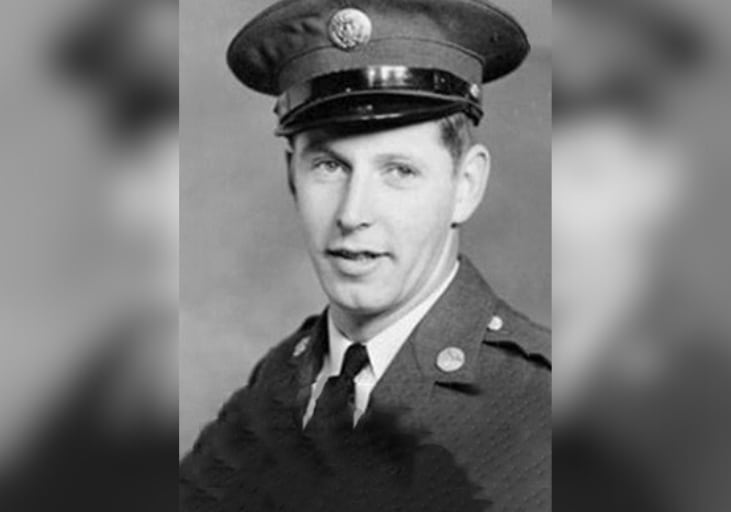Sgt. Marchand T. MacDermotRoe is with the Army Reserve's 83rd Military Police Company, a veteran of Operation Enduring Freedom, and military affairs commentator with WPKN 89.5 FM in Bridgeport, Connecticut. He wrote this commentary for Army Times:
The Islamic State in Iraq and Syria is a the most unique threat for that the United States has ever confronted. ISIS has broken out of the mold of a traditional terrorist organization by not only conquering large tracts tracks of land but also by creating a massive bureaucracy to govern that land. Its organization, structure and resources are far more vast than that of al-Qaida or any other terrorist organization.
At the top of the ISIS bureaucracy is the so-called Caliph Abu Bakr Al-Baghdadi who nominally is the autocratic leader. Alongside are his cabinet and Shura Council who provide advice on religious, military and political matters. Under them are the two deputies for Syria and Iraq who are in charge of enforcing ISIS rule over the territories through the 12 twelve governors in each country. Underneath these governors is a complex array of councils including financial, leadership, military, legal, fighters assistance, security and intelligence. This gives ISIS many of the resources only available to nation states such as access to a complex intelligence network, domestic security force and propaganda apparatus.
Moreover, this bureaucracy has cemented ISIS rule in the territories it controls through not only its feared security apparatus but also through the management of the local economy. ISIS engages in price control which is disastrous in the long run but at the time very popular with the people because they ensure that the price of food stays low. ISIS claims to be printing its own currency and birth certificates. This builds in the minds of the people that they rule a sense of permanence and the longer ISIS is allowed to stay, the harder it will be to dislodge them.
This system has been built and managed by former Baathists. Abu Ali Al-Anbari, ISIS deputy of Syria, was a former major general in Saddam Hussein's army. The former deputy of Iraq Abu Muslim Al-Turkmani, who was killed in a U.S. airstrike, was a lieutenant colonel in Saddam's Istikhbarat, Directorate of General Military Intelligence.
Many other former Baathists are believed to fill the ranks of the ISIS leadership. These men give ISIS experience in military and intelligence fields not often available to most terrorist organizations. To build on this, they have made an effort to recruit people who have been trained by the west such as Col.onel Gulmurod Khalimov, former commander of Tajikistan's elite Special Purpose Police Unit, OMON. It is worth noting that Colonel Khalimov was trained by the Russians and claims to have trained with Americans, which gives ISIS a unique window on its enemy.
While its fighters may often be untrained fanatics, its leaders are experienced enemies of the United States. Their structure of leadership means that killing one man or even a few will not cause them to fragment but will simply result in that one being replaced.
We have to acknowledge that we are not fighting just a terrorist organization but rather a terrorist state with the intelligence and financial resources of a state. If we don't acknowledge the magnitude of the threat facing our country, how will we truly stop them?





